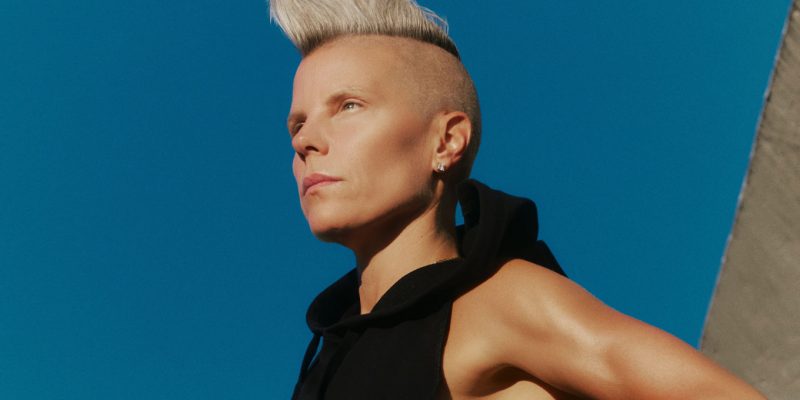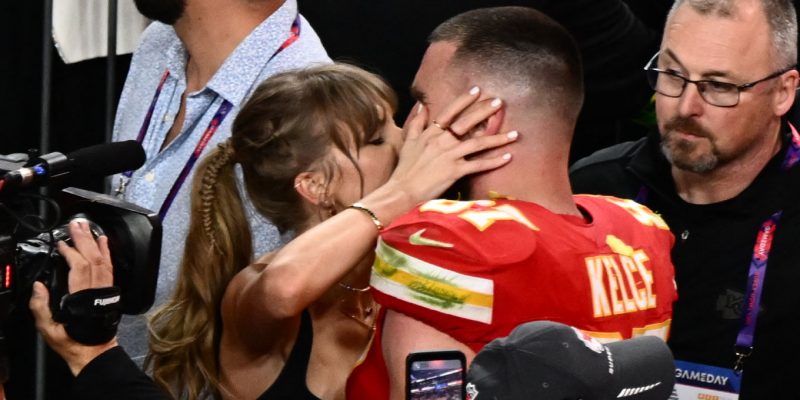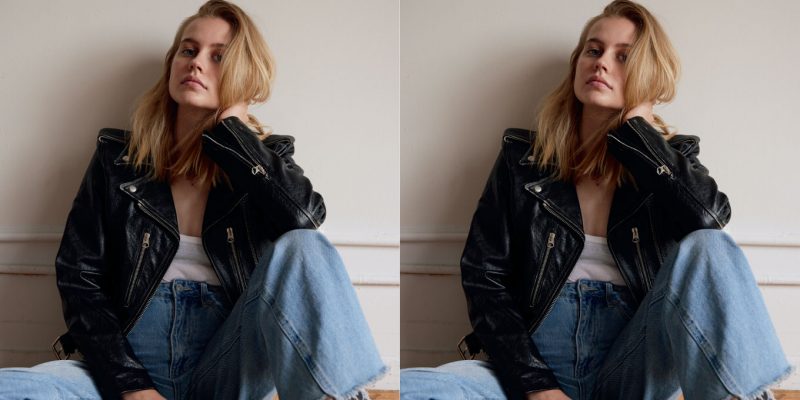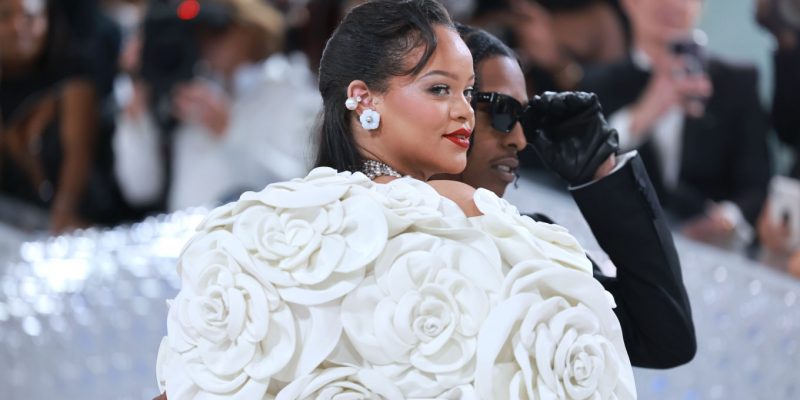Culture
Gayle Forman's Latest YA Novel Takes Inspiration from Her Own Family History
'The End of My Heart' is available exclusively on Audible now.
by : Hannah Ziegler- Jun 26th, 2020
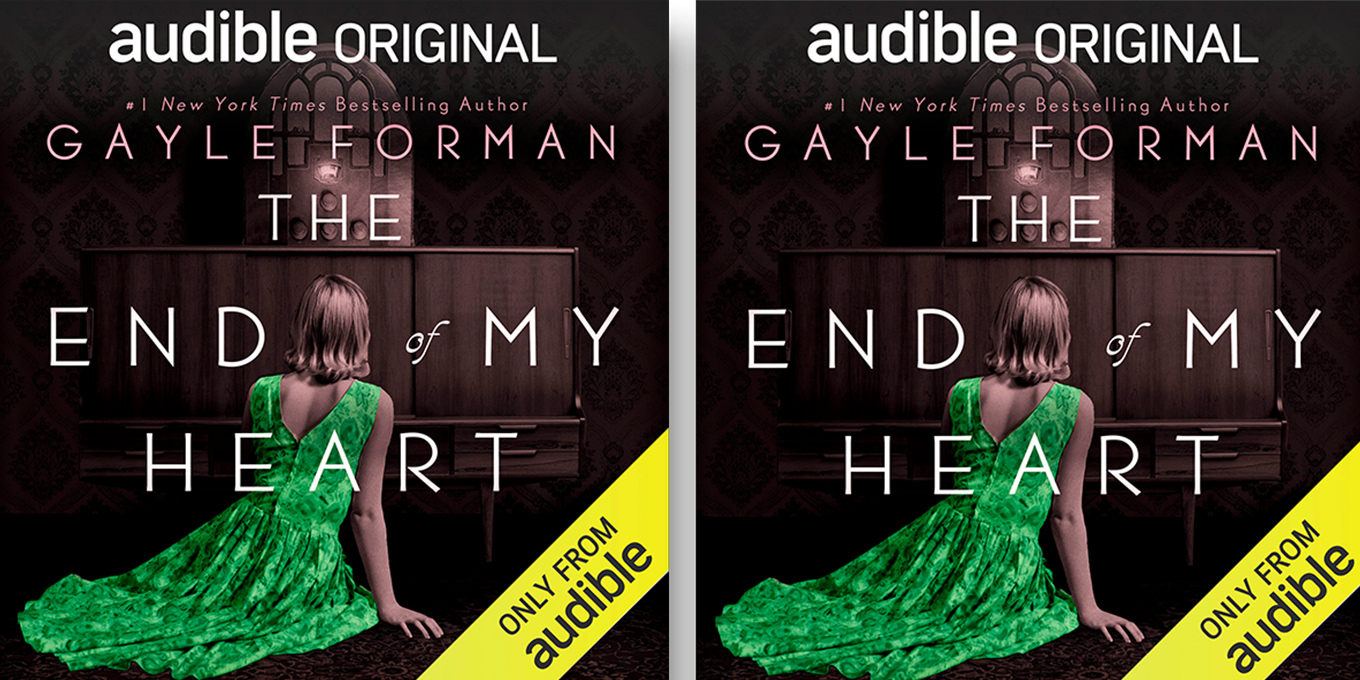
Young Adult author Gayle Forman knew she was doing something different when she decided to release her new novel, The End of My Heart, exclusively via audiobook. However, she could not have predicted that, gearing up for the historical-fiction novel’s release, recordings would not take place entirely in the studio as planned.
“There’s a radio serial part of it that is supposed to sound like a 1940s radio serial and have a full cast,” Forman explained to us over the phone from her home in New York. “They were doing that over two days in the studio. I was supposed to go in on the second day, but after the first day, they shut down production [due to the pandemic]. The fact that they managed to get the production done in the first place, and then have Diane [Kruger] record the bulk of the book in what looks like a tent in your living room was kind of amazing.”
The author captured the hearts and minds of young readers with her 2009 tearjerker, If I Stay. The story, which follows a teenager who gets into a catastrophic car accident and then has an out-of-body experience while in a coma, was adapted into a film starring Chloë Grace Moretz in 2014. The novel quickly became a teen favourite and was lauded for its representation of dynamic family relationships and captivating characters.
Her latest release, The End of My Heart, marks Forman’s foray into historical fiction as well as her first audio-only release, but still deals with topics of familial tensions and complex personalities. The audiobook centres around Mary and Charlotte Oswald – a mother and daughter living in suburban Ohio and dealing with the fresh aftermath of the war in 1946 – as they try to go back to their “normal lives” (a phrase that is all too uncanny for our current times).
Forman chatted with us about her personal connection to WWII, working with Diane Kruger, how history has repeated itself and why we have to educate ourselves to ensure the repetition does not continue.
What’s it been like over the past few months, and then especially the past couple weeks for you [Note: This interview was conducted at the start of protests against police brutality and racism in the U.S.], preparing to release The End of My Heart?
This is the first release I’ve had where it’s not something physical. In a weird way, it feels sort of ideally suited for a time like this – there’s no touching of hands. With this book, so much of it is about inherited trauma; in this case, from Nazi oppression and Second World War. But right now in this country, we’re seeing inherited trauma from 400 years of slavery, and it’s just kind of interesting to see his history moves forward and just repeats and repeats and repeats.
You mentioned on Instagram that the book has been in the works for three years. How did the story develop and evolve over that time?
I started this story several years ago in a way. My grandparents are German Jews who left Germany in 1938. The story had always been that they got out in time, meaning that most of my relatives escaped the worst of the Nazis. Many years ago, I took my children to the Holocaust Museum in Washington, DC, and we were going to the children’s section, which is like this life-sized timeline of what life would have been like for German Jews. The 2016 election happened here and you began to wonder, when is that moment where you realize this has gone too far? Right as I started writing the very earliest draft of it, which was years before the 2016 election, I had started inserting what I knew was going to be a radio serial and I knew that it was going to be very central to the story, which was strange because it wasn’t like I was a huge fan of radio serials or even knew that much about them, but it kind of evolved from there.
It was the hardest thing I’ve ever written. One of the reasons it took me three years was because I was feeling the true story of it all and the burden of that. My grandmother was a complicated character. She went from being very wealthy and having two maids to being somebody else’s maid. My grandfather became a traveling salesman, so she was home alone all the time in a strange land. I was really thinking about her. My mother didn’t have the easiest childhood, either. So all of that was playing into it, plus trying to weave in all these historical threads.
Some of them are really fun. There’s a whole thread about movies in that time and we watched a bunch of Hitchcock’s old films. It was a big evolution in terms of getting to know the characters, trying to write a radio serial and researching in Columbus, Ohio, where I set it because that’s where my parents are from.
Back to the radio serial program idea: when you were writing, did you listen to anything specifically for inspiration?
I was so nervous about the serial. I went and spent a few days in the Radio and Television History Museum [The Paley Center for Media] and I listened to When a Girl Marries and Ma Perkins, and I realized that there’s different kinds of radio serials. There were the variety show ones, but the dramas – the ones that evolved into soap operas – they would literally just use dialogue and sound effects. Dialogue is my favourite thing to write and the radio serials were my favourite parts, because I essentially wrote it like a script. As I was writing it, I was of course paying attention to the fact that podcasts were ascendant. A lot of true crime podcasts have narrative elements built in. But then some podcasts were even leaning into this more radio serial way of storytelling, where you are really taking advantage of the form and so that part turned out to be the easiest. It was funny and ironic, because it was the one thing that kept me from jumping back into [working on] this book since it was intimidating. It turned out to be the easiest and most fun part of writing the book.
What prompted your decision to release it in the audiobook format?
I am a huge fan of audio going way back when my now 15-year-old daughter was three and we would listen to Stockard Channing read the Ramona audiobooks. So much so that when we sat down to read them out loud, she was just reciting the first three pages because she had them memorized. My younger daughter struggled with reading on the page, but when she discovered audiobooks, she just nailed them. I was really involved with the audio of this book and got to go to the studio. We also wrote a song and recorded it to go into the audiobook, so telling this story on audio seemed like the only way I could tell it.
Was Diane Kruger someone who you had in mind as the narrator when you were writing?
I didn’t know that they were going to go for a screen actor as the narrator. Diane came up really early [in discussions] just because we thought the fact that she was German might bring that level of nuance to the character, since Mary, Charlotte’s mother, is German. She was always in the back of our mind and then if you listen to her narration, for somebody who I don’t think has done audiobooks before, she nailed the emotionality of it and the character so well. At the very beginning, when she reads the dedication, she says my grandmother’s name, which is Lotte. The main character is Charlotte, but she says Lotte the way my grandmother would have said it. So the first time I even heard the dedication spoken in her accent, it was pretty intense.
What do you hope listeners will take away from this story?
I hope that they will find some escapism in it, because that’s what audiobooks do for me. I don’t want to compare what’s going on in my book about 1946 to what’s happening now, but there is a pretty strong motif about the various ways that discrimination hides in plain sight. Whether it’s the anti-Semitism that was in the United States and in Germany before the war, or anti-Black discrimination, those things all feel very of the time, but I mostly hope that it’s just a fun read and that people enjoy the mother-daughter dynamic of it and the radio serial, for which I have to tip my hat to [the production team]. They pulled that one off because they did the second half of that in their little remote studios and they all sound like they’re playing off each other in one room. It’s amazing.
The End of My Heart is available now on Audible.ca.
READ MORE:
A Completely Unsettling (In the Best Way) Mystery for Summer
Newsletter
Join our mailing list for the latest and biggest in fashion trends, beauty, culture and celebrity.
Read Next
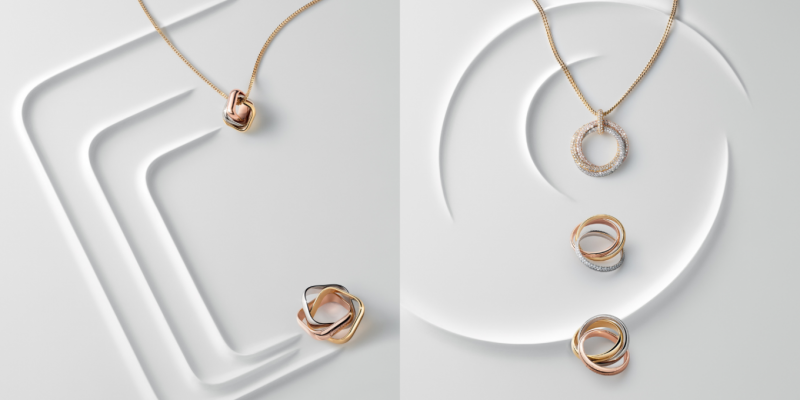
Fashion
Cartier Celebrates 100 Years of the Trinity Ring
What better way to celebrate an anniversary than with a new collection?
by : Allie Turner- Apr 19th, 2024
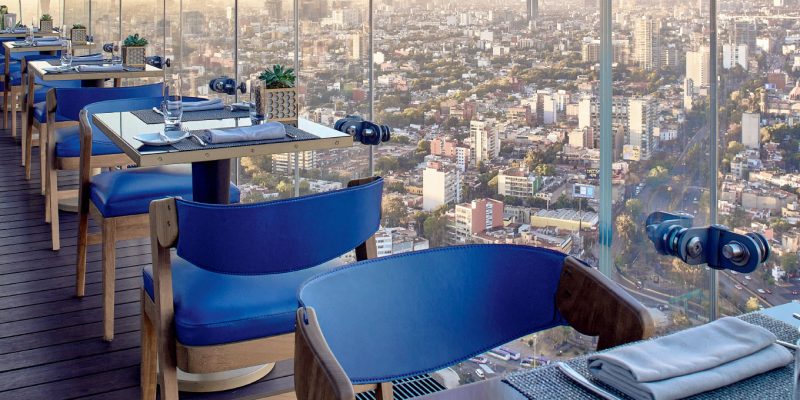
Culture
How to Spend 48 Hours in Mexico City
Where to discover the hidden gems—markets, mezcal, modern art—of the Central American capital.
by : Jennifer Nguyen- Apr 18th, 2024
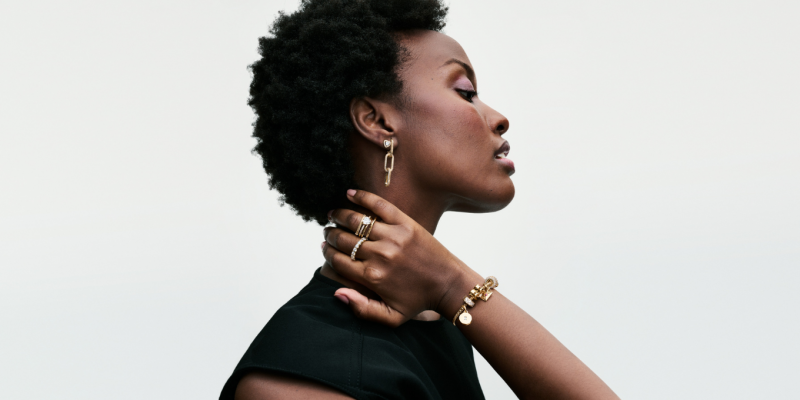
Fashion
This Jewellery Brand Has a Whole New Look And It’s Everything
Here are the seven pieces we’re coveting.
by : ELLE Canada- Apr 10th, 2024

